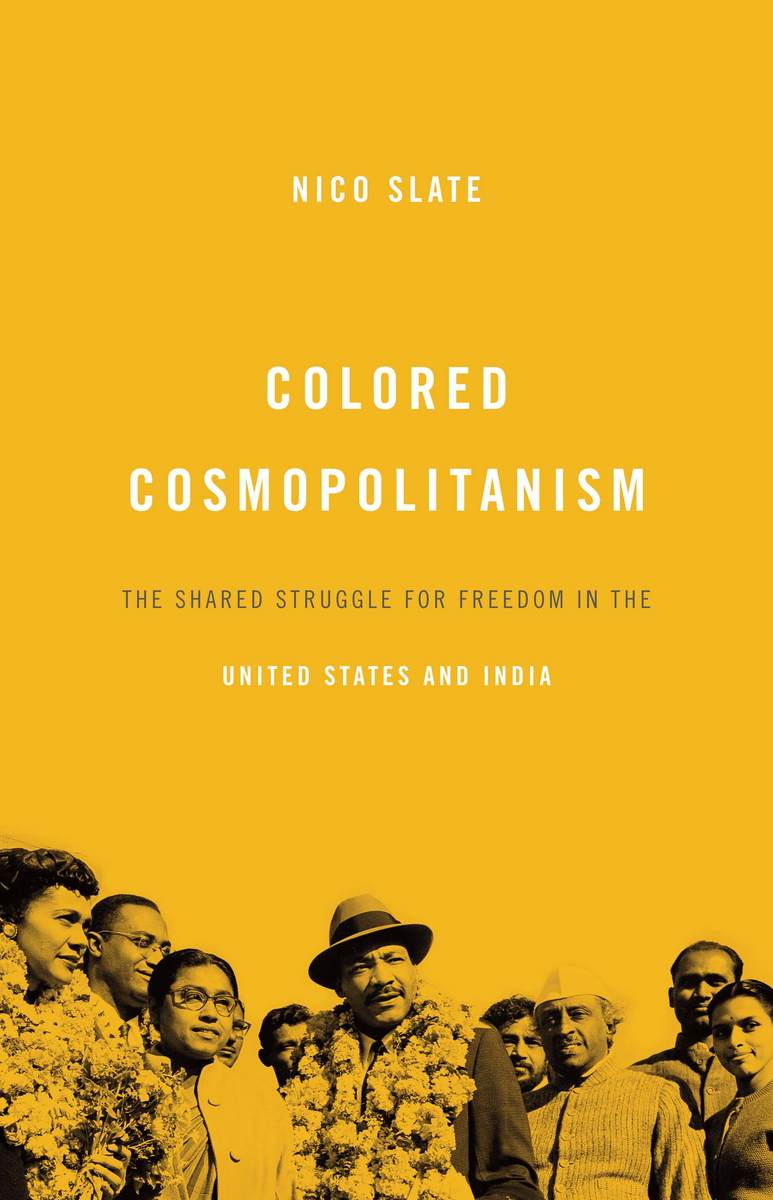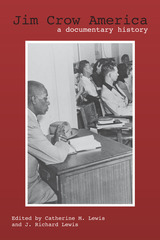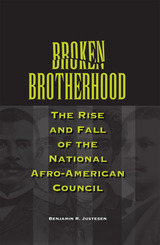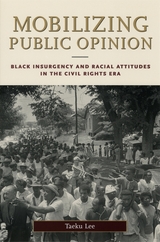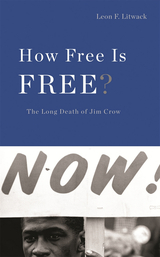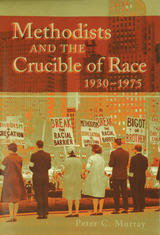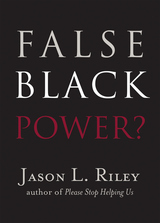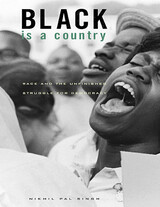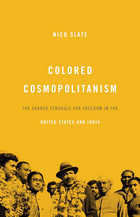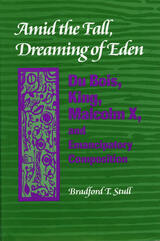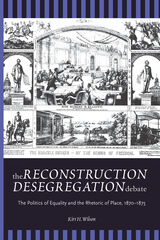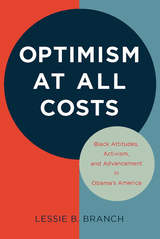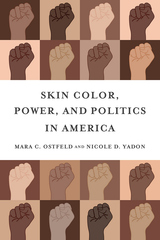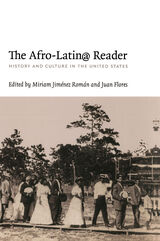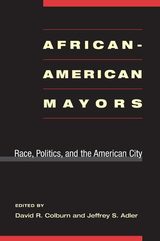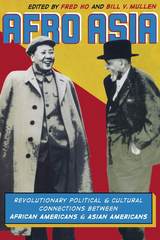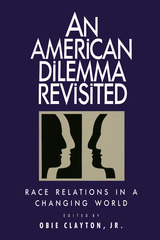One of the most fascinating releases of 2012 was Colored Cosmopolitanism, Nico Slate’s exhaustive history of the ties between the American civil rights movement and India’s inexorable march toward democracy from the 19th century through the 1960s… The dialogue between African-Americans and South Asians chronicled in Colored Cosmopolitanism is one of the great untold stories of the 20th century.
-- Tony Norman Pittsburgh Post-Gazette
Slate exhaustively charts the liberation movements of the world’s two largest democracies from the 19th century to the 1960s. There’s more to this connection than the Rev. Martin Luther King, Jr.’s debt to Mahatma Gandhi, and Slate tells this fascinating tale better than anyone ever has.
-- Tony Norman Pittsburgh Post-Gazette
Since the mid-1990s, U.S. scholars have sought to understand the international factors that shaped the U.S. civil rights movements. Within the last decade, transnational studies of the civil rights and Black Power movements have emerged and emphasized the connections between black activists within the African diaspora. Slate breaks new ground by unearthing a ‘hidden history’ of solidarity between anticolonial activists in India and black civil rights activists in the U.S. during the 20th century. The author argues that Indian and black activists were able to transcend physical distance, differing sociohistorical environments, and racial difference (albeit imperfectly) through a shared vision of ‘global double victory’ for the ‘darker races.’ Slate does more than provide a fresh history of the Indian anticolonial movement and the U.S. civil rights movement; his seminal contribution is his development of a nuanced conceptual framework for later historians to apply to studying other transnational social movements.
-- K. K. Hill Choice
From the late 19th to the mid-20th century, Indians and African-Americans found common ground in their fights against colonialism on one side of the world and racism on the other… Gandhi’s influence on Martin Luther King, Jr., the most celebrated of his disciples of non-violence, garners surprisingly few pages here. Instead of traveling down this well-trod path, the author delves deeper into how Gandhi’s African-American contemporaries, such as civil rights stalwarts Booker T. Washington and W.E.B. Du Bois influenced the Indian leader, precipitating a profound reworking of his thinking on both caste and race. Engagingly written, this sweeping account of these episodes in U.S. and Indian history has the ability to appeal to professional historians as well as general readers.
-- Publishers Weekly
Deeply researched, subtly argued, and written with verve and clarity, Colored Cosmopolitanism demonstrates the porousness of national borders—and the importance of international connections for social justice movements. This is superior transnational history.
-- Thomas Borstelmann, author of The Cold War and the Color Line
Nico Slate’s important book reveals how African Americans and Indians framed a fluid ‘colored cosmopolitanism,’ embracing an anti-imperial and anti-racist conception of freedom.
-- Mary L. Dudziak, author of Exporting American Dreams
Colored Cosmopolitanism is a testament to a solidarity that thrived despite painful contradictions. A detailed, compelling history that is also an example of effortless storytelling.
-- Amitava Kumar, author of A Foreigner Carrying in the Crook of His Arm a Tiny Bomb
Nico Slate provides a wide-ranging tour of the interactions that knit together the African American and South Asian freedom movements, as intellectuals and activists fashioned new ideas of freedom and justice, pushing against each others’ worlds to find more generous renderings of social practice and political strategy.
-- Vijay Prashad, author of The Karma of Brown Folk and The Darker Nations
An original, thorough, and elegant consideration of the connections between the Indian and American freedom struggles—and a persuasive reconsideration of the ways in which activists conducted those struggles and conceived of their freedom.
-- Stephen Tuck, author of We Ain’t What We Ought To Be
